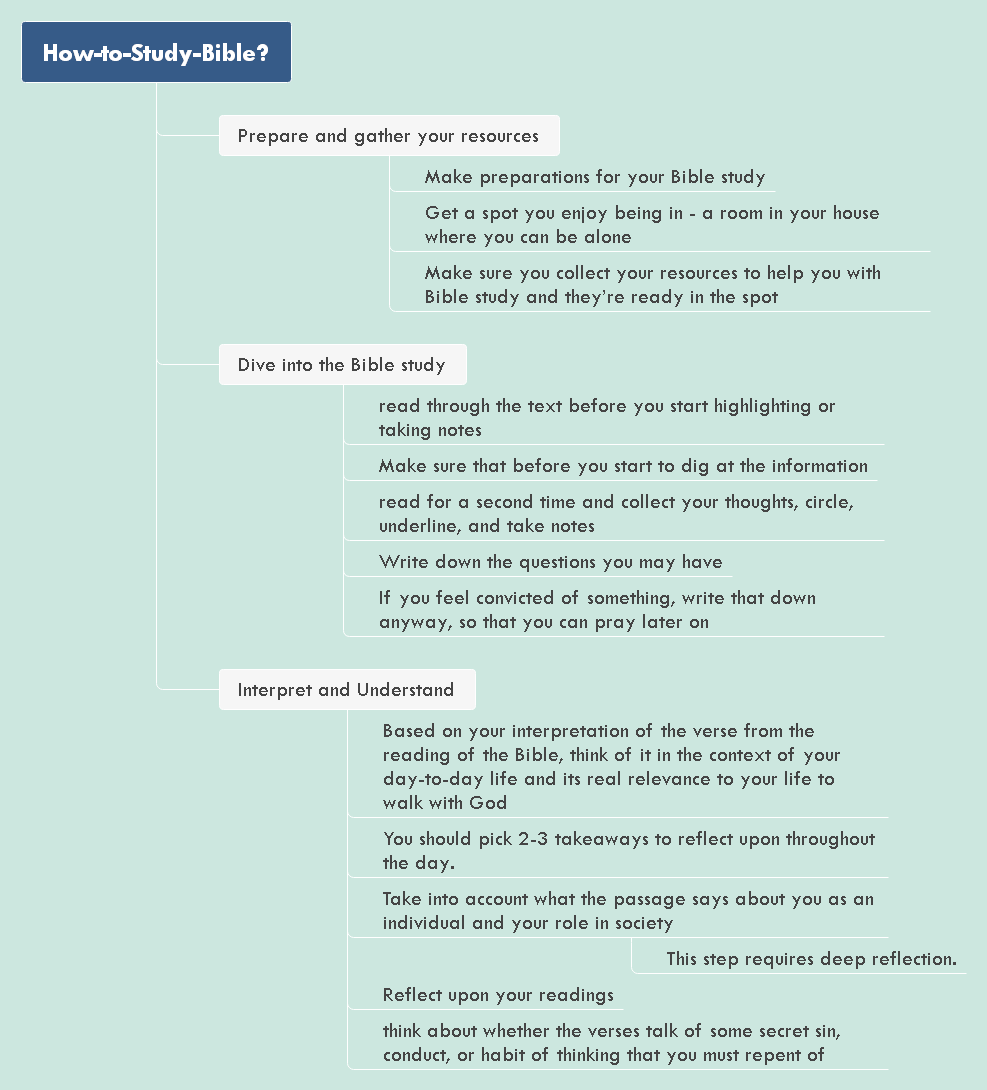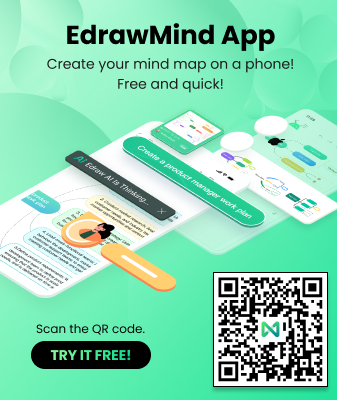How To Study The Bible

The Bible is no ordinary book. Inside its pages, the words are almost like medicine for the soul. In 2 Timothy 2:15, the Apostle Paul wrote, "Do your best to present yourself to God as one approved, a workman who does not need to be ashamed and who correctly handles the word of truth." The Greek term translated as 'correctly handle' (orthotomeo) also means 'guide on a direct path.' To know how to study the Bible, you need to understand that the Bible is open for interpretation.
Interpretation is the central pillar in Bible study. Biblical interpretation is technically described as hermeneutics, which provides certain fundamental concepts to explain the Bible better. Here, the key principle is context. The Bible states that those who hunger and thirst for righteousness will be filled (Matthew. 5:6). If you're only studying the surface, then you will only comprehend the surface of God's words. The words of God practically illuminate your world and brings light to the dark corners. But if you don't look for it, you can't earn the light and hope.
Studying the Bible is essential, for God's words point you in the right direction in life. It illuminates the path ahead of you so that you can see precisely where to go. The Bible will become your life-line into a relationship with God. Just as the body needs food to live, God's words nourish you to grow in spirit as you respond to the struggles and impulses of life. The Bible can help bring you back on track if you end up on the wrong path of life.
There are multiple resources available to help with Bible study. Some essential resources you don’t want to miss out on -
- Bible Study Applications - There are many software applications and websites to help simplify Bible study. They have various history and literary books for reference.
- Color Coding - All you need is a bunch of highlighters and color pens. Color code your bible verses based on your understanding and interpretation.
- Bible Dictionary - A dictionary will help you understand key terms and is the most resourceful and practical theological reference books when it comes to studying the bible.
- Bible Verse Mapping - One of the most accessible resources to use when studying the bible is mind mapping. EdrawMind is an intuitive software that helps create visually appealing and detailed mind maps for you to use and reference back to.

Step 1: Prepare and gather your resources
Make preparations for your Bible study. Get a spot you enjoy being in - a room in your house where you can be alone or somewhere you're relaxed and sit comfortably. Make sure you collect your resources to help you with Bible study, and they’re ready in the spot.
Step 2: Dive into the Bible study.
First, read through the text before you start highlighting or taking notes. Make sure that you can get an outline of what the passage is conveying in your head before you begin to dig at the information.
Then read for a second time and collect your thoughts, circle, underline, and take notes. Write down the questions you may have, the stuff you found surprising, and your thoughts. If you feel convicted of something, write that down anyway, so that you can pray later on. Try not to have any doubts or reservations in this step.
Step 3 Interpret and Understand
Based on your interpretation of the verse from the reading of the Bible, think of it in the context of your day-to-day life and its real relevance to your life to walk with God.
You should pick 2-3 takeaways to reflect upon throughout the day. Take into account what the passage says about you as an individual and your role in society. This step requires deep reflection.
Reflect upon your readings and think about whether the verses talk of some secret sin, conduct, or habit of thinking that you must repent of? Does it ask you to seek God more? More trust in Him? Have faith? In prayer, you must contemplate these questions and ask God to comfort you with everything he has shared through his writing.
- Another suggestion is to ask some simple questions about the passage. This can help you gain a deeper understanding. It might be helpful to use traditional investigative questions: Who? What? Where? When? Why? How? These questions help locate the main topic of the passage being studied: who composed it, who interpreted it initially, and what context? Is there a central verse that might describe the passage being studied?
- It is easier to read the Bible slowly and deliberately, instead of reading it rapidly and carelessly. Sometimes we want to want to get to the point of clarification as soon as possible due to our fast-paced society. It is better to read the Bible slowly and not skim through it. If a passage has been chosen for review, carefully read through it.
- Maintaining a journal also helps to study the Bible. It can be helpful if you want to note down some devotional notes, philosophical questions, and observations that you may need answers in the near future.
- Studying the Bible alone is suitable for intimate, devotional occasions, but make sure the reading of the Bible includes others as well. Find out if any churches around you conduct Bible studies for small groups, then look for the one that interests you.
- Try not to skip too much during your time at study. Instead of reading short, scattered verses from numerous Bible books, focus on longer passages and texts.
God has not put any burden upon you to knows anything. If you are unsure, that's great. Studying the Bible can be a learning process. So, take a deep breath, open up your Bible, and start reading. To know how to study the Bible, you must allow yourself to go with the reading flow.







